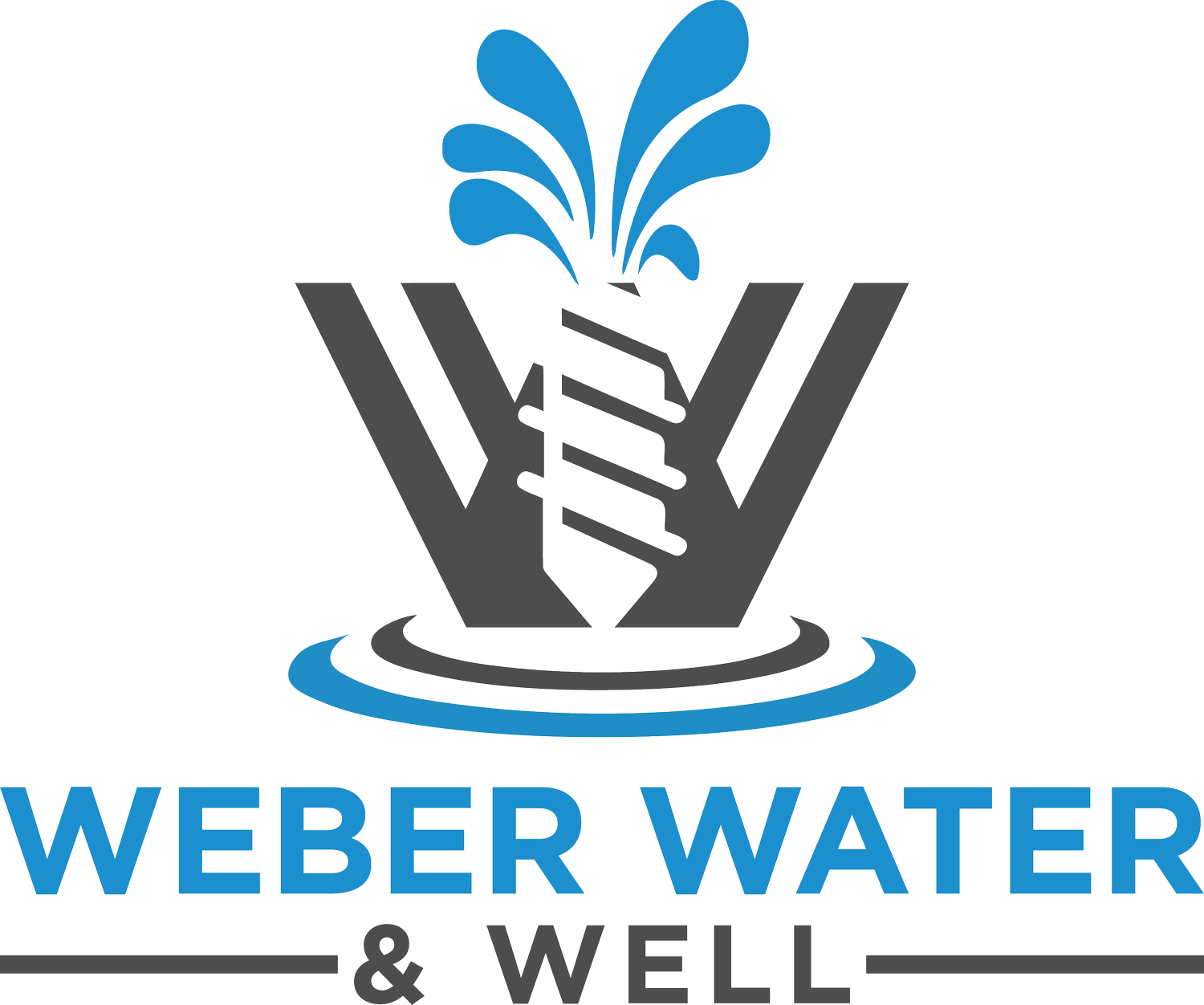How Water Purification Systems Can Improve Your Business's Sustainability Efforts
Importance of Sustainability in Business
Sustainability in business is crucial for the environment and future generations, as it focuses on using resources wisely and reducing waste. It can also enhance your brand reputation and appeal to eco-conscious consumers. Embracing sustainability practices sets your business apart and can lead to long-term success.
Benefits of Water Purification Systems
Water purification systems can enhance your business's sustainability by reducing the need for single-use plastic water bottles. They help in providing clean and safe drinking water for your employees and customers. By investing in a water purification system, you contribute to minimizing plastic waste and promoting environmental responsibility.
Cost-Effectiveness of Sustainable Practices
Sustainable practices like water purification systems can actually save your business money in the long run. While the initial setup cost may seem high, these systems can lead to significant savings on water usage and utility bills over time. Investing in sustainable practices not only helps the environment but can also boost your bottom line in the future.
Environmental Impact of Water Purification Systems
Water purification systems can significantly reduce the environmental impact of your business by minimizing the amount of plastic waste generated from single-use water bottles. These systems help in reducing the carbon footprint associated with transporting and disposing of bottled water. Investing in a water purification system can lead to a substantial decrease in the use of plastic bottles, thus contributing to a more sustainable environment.
How Water Purification Systems Work
Water purification systems work by removing contaminants and impurities from water, making it safe to use and consume. These systems use various methods such as filtration, reverse osmosis, or ultraviolet light to purify the water. Filtration systems pass water through a filter to trap particles and bacteria, while reverse osmosis systems use pressure to push water through a semipermeable membrane to remove impurities. Ultraviolet light systems use UV rays to kill harmful microorganisms in the water. By utilizing these methods, water purification systems ensure that businesses have access to clean and safe water for their operations.
Types of Water Purification Systems
There are various types of water purification systems available for businesses to improve their sustainability efforts. Some common types include Reverse Osmosis, UV Water Purification, Activated Carbon Filtration, and Ion Exchange systems. Each system has its unique way of removing impurities from water, ensuring that your business consistently has access to clean and safe drinking water.
Installing a Water Purification System
Installing a water purification system in your business can have significant benefits for your sustainability efforts. Water purification systems help to filter out impurities and contaminants from your water supply, providing you with cleaner and safer water for your employees and customers. By installing a water purification system, you can reduce your reliance on single-use plastic water bottles, which can help decrease plastic waste in landfills and waterways. Additionally, having a water purification system in place can demonstrate your commitment to environmental sustainability, which may resonate positively with eco-conscious consumers and stakeholders. Consider the long-term cost savings and environmental impact by investing in a water purification system for your business.
Maintenance and Upkeep of Water Purification Systems
Water purification systems require regular maintenance to keep them working efficiently. This includes tasks like replacing filters, checking for leaks, and ensuring that all components are functioning properly. Neglecting maintenance can lead to system malfunctions and reduced water quality. It is essential to follow the manufacturer's guidelines for upkeep and schedule routine inspections to prevent costly repairs. Regular maintenance of water purification systems is crucial for ensuring the sustainability of your business's water management efforts.
Monitoring Water Quality
Constantly monitoring water quality is crucial for ensuring the effectiveness of your purification system. Regular monitoring helps you identify any contaminants or irregularities in the water supply promptly. This proactive approach allows you to take immediate action to maintain high water quality standards within your business. By staying vigilant and conducting regular water quality tests, you can safeguard both your employees' health and the sustainability of your business operations.
Conclusion: Enhancing Business Sustainability Through Water Purification
Water purification systems play a crucial role in improving a business's sustainability efforts. By investing in these systems, companies can reduce their environmental impact by conserving water resources, reducing waste, and promoting eco-friendly practices. Additionally, integrating water purification systems can also lead to cost savings in the long run, as it decreases the dependency on single-use plastics and other disposable materials. Overall, prioritizing water purification in business operations is not only beneficial for the environment but also for the company's bottom line.


